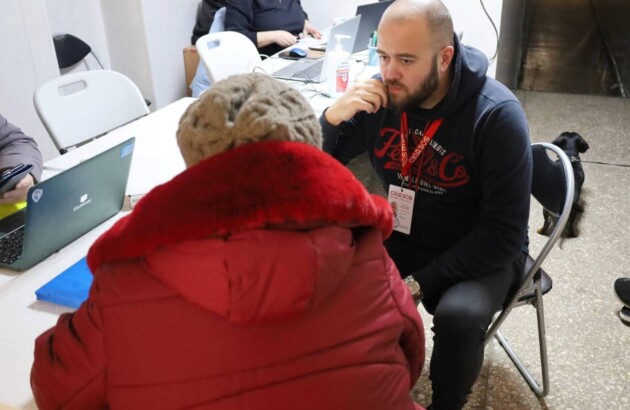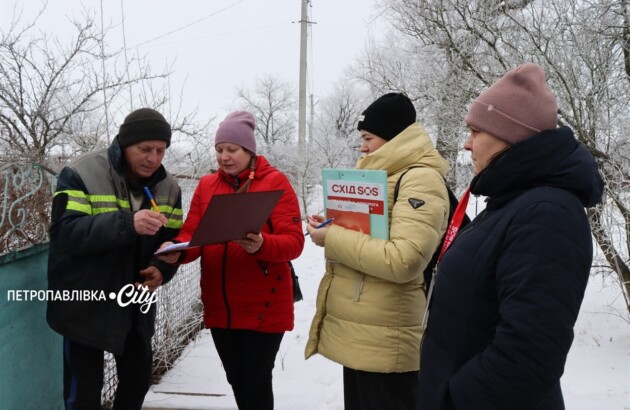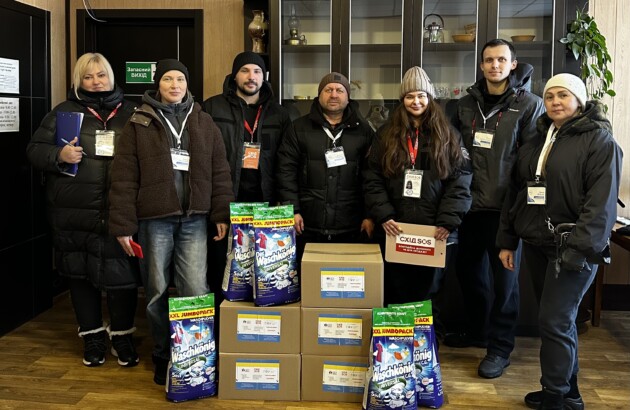East SOS at a Thematic Press Conference in Kyiv on the Duty of Care for Humanitarian Workers
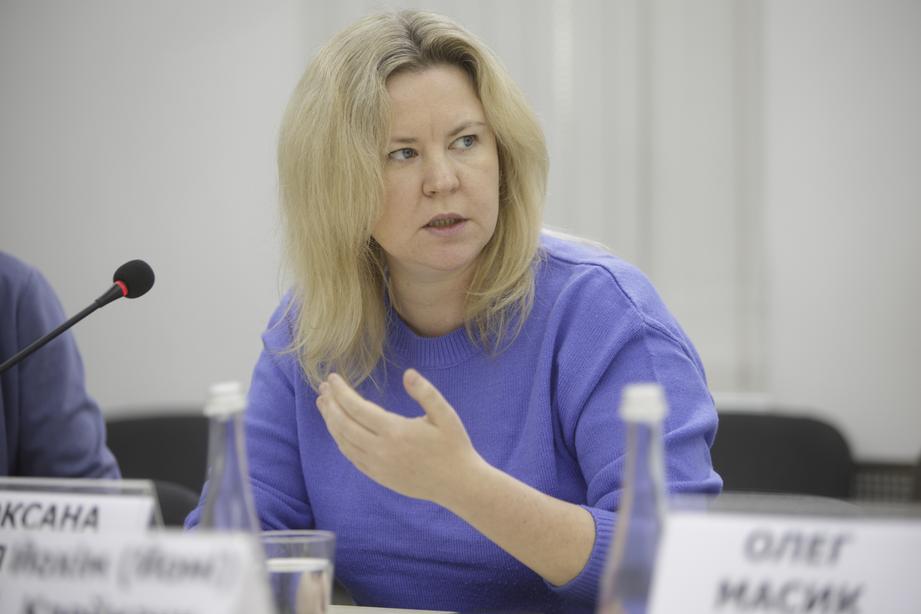
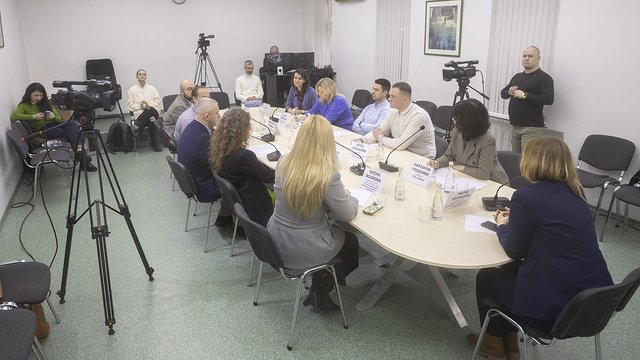
On November 14, 2025, Oksana Kuiantseva, Board Member of the East SOS Charity Foundation, participated in the roundtable discussion “Duty of Care: What Humanitarian Workers and Volunteers Need for Safety.” The event gathered representatives of Ukrainian and international humanitarian organizations, donor institutions, and government bodies to discuss practical approaches to strengthening the protection of humanitarian teams.
According to the International Humanitarian Security Organization (INSO), at least 149 security incidents involving humanitarian organizations were recorded in 2025. As a result, 57 workers were injured and 9 were killed. The main threats to humanitarian teams remain constant shelling, FPV drone attacks, and strikes on humanitarian vehicles, including clearly marked transport.
“Our crews are under the threat of shelling every day. We often see short messages in our internal chats – ‘on board’, ‘transported’, ‘transferred’ – and immediately understand what conditions our teams are working in,” said Oksana Kuiantseva. “The worst thing, according to our evacuation workers, is seeing your own vehicle appear on a drone’s ID. This conveys the realities in which humanitarian missions are carried out.”
In her speech, Oksana Kuiantseva emphasized that the demand for evacuation is steadily increasing, while the capacity of humanitarian teams is shrinking due to the limited number of armored vehicles available for frontline rescue operations and the growing threat of targeted attacks. According to her, evacuating people with limited mobility requires an individualized and resource-intensive approach. This includes safely descending individuals from high-rise buildings, providing transportation in a lying or fully supported position, ensuring medical supervision when needed, and maintaining strict safety protocols throughout the entire route.
It is worth noting that efforts to implement the duty of care are already underway. In particular, the Embassy of Switzerland was among the first donors to support this approach, helping to develop a minimum care package that includes not only personal protective equipment but also insurance for humanitarian workers, safety training, and psychosocial support.
Embassies of other countries, including the United Kingdom and Germany, have also begun incorporating the costs of staff care into their project budgets.
A significant step toward building a sustainable system of support for humanitarian personnel was Ukraine’s signing of the Declaration on the Protection of Humanitarian Personnel during the 80th session of the UN General Assembly on 21 September 2025. The Declaration aims to strengthen protections for volunteers, rescuers, and other humanitarian workers operating in high-risk environments.
We are sincerely grateful to the Alliance of Ukrainian Civil Society Organizations for its ongoing advocacy and for organizing events dedicated to promoting a culture of Duty of Care. These efforts play an essential role in strengthening safety standards and support mechanisms for humanitarian personnel.
Recently, East SOS joined the discussion on the Duty of Care program during a workshop in Odesa.
